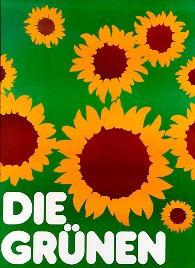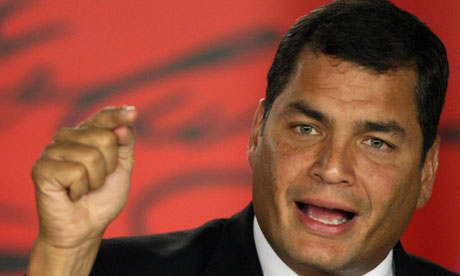 The recent announcement that the FFA would be introducing a Cup competition from the 2011-12 season hit me with no small sense of bemusement, as it's something that I (as well as countless voices in the footballing community) have been advocating for years. These are some of my first reactions to the announcement.
The recent announcement that the FFA would be introducing a Cup competition from the 2011-12 season hit me with no small sense of bemusement, as it's something that I (as well as countless voices in the footballing community) have been advocating for years. These are some of my first reactions to the announcement.
Based on past form, of course, there is every chance that the FFA will stuff it up spectacularly, unless the new “FFA Cup” is genuinely pitched at building football in Australia – at all levels. For it to work, it must link the different levels of the game, not just act as a tokenistic add-on to the A-League season.
The obvious advantage of such a competition is that it allows for the inclusion of what in my mind is the “real” heart of football in Australia – the State Leagues. I would, however, advocate that once established the competition should be further expanded, getting not only the state leagues involved, but also the best of the regional leagues.
A competition that not only allows South Melbourne to play Melbourne Victory, but that also gives a team from rural NSW, South Australia or Queensland the chance to pit itself against the best of Adelaide FC or the Brisbane Roar, would finally give football the level of permeation and community support to make it a challenger to the title of Australia’s main code.
Of course, how such a cup should work is still open to discussion and debate. The most convincing proposal I have seen so far is one that pitches the top one, two or three teams from the state leagues into a form of elimination round (or rounds) with A-League teams.
The cup-winner should also be given an automatic place in Asia, alongside the winner of the A-League.
But an FFA Cup alone is not enough to fix the fatal flaws in the FFA world-view, and which will continue to kill the game unless they are addressed.
Some more modest proposals...



